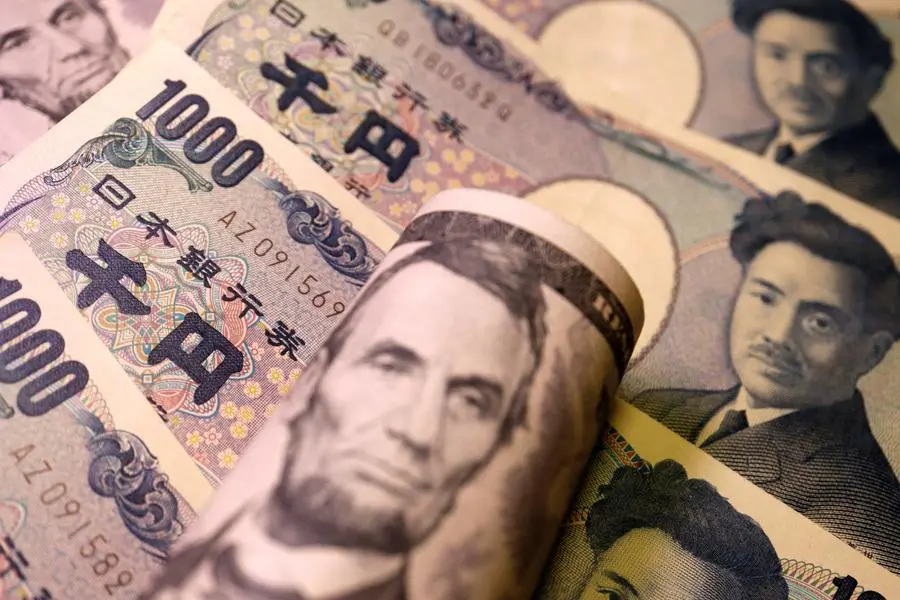PHOTO
Japan's top government spokesperson said on Monday the banking system was stable, seeking to reassure markets the country won't see a contagion from U.S. and European banking sector woes.
Chief Cabinet Secretary Hirokazu Matsuno also welcomed Sunday's decision by top central banks, including the Bank of Japan (BOJ), to bolster the global flow of cash by expanding an existing swap line to ensure lenders have sufficient dollars needed to operate.
"Each country promptly ramped up efforts as risk-aversive moves were seen in financial markets," Matsuno told a regular news conference.
"Japan's financial system is stable as a whole," he said, adding that authorities were watching financial market moves "with a strong sense of alarm".
The remarks came after Finance Minister Shunichi Suzuki told reporters on Monday the government would continue to "carefully assess" how a weekend rescue deal for Credit Suisse Group would affect Japan's financial sector.
Asian stocks struggled to stabilise on Monday as a weekend rescue deal for Credit Suisse and concerted central bank action offered little lasting respite from fears a bigger banking crisis is brewing.
Japanese policymakers have brushed aside the chance of contagion in Japan, saying domestic banks had sufficient capital buffers to absorb losses caused by various external factors including risks from the collapse of U.S. lenders.
But the global market rout complicates incoming BOJ Governor Kazuo Ueda's task of steering a smooth exit from ultra-low interest rates that have drawn increasing criticism for pushing financial institutions to take on risk in the search for yield.
The BOJ board debated the side-effects of easy policy in March, even as it decided to maintain ultra-low rates, a summary of opinions at the meeting showed on Monday.
In a sign calm was being restored in markets, the BOJ's market operation to offer dollars - the first to be conducted since Sunday's central bank announcement - drew no bids on Monday.
Demand for safe-haven debt pushed the yield on the 10-year Japanese government bond (JGB) down 1.5 basis points to 0.255% on Monday, well off the BOJ's 0.5% cap that had been under attack before the banking sector crisis erupted.
For now, financial authorities in Tokyo see the most likely risk for Japan coming from a deterioration in the U.S. economy that would hurt exports, rather than a direct bank contagion.
"The market turbulence could dampen business sentiment and cloud Japan's economic outlook," said one of the officials, a view echoed by another official. Both spoke on condition of anonymity due to the sensitivity of the matter.
Some government officials were not letting their guard down.
"The failure of two U.S. banks spilled over to a Swiss bank in a seemingly unrelated way," one official said. "There's a lot of unknowns on how things are spreading, so we'll need to gather data and monitor the situation," the official said. (Reporting by Leika Kihara and Tetsushi Kajimoto; Additional reporting by Ritsuko Shimizu, Kentaro Sugiyama and Yoshifumi Takemoto; Editing by Tom Hogue and Jacqueline Wong)





















